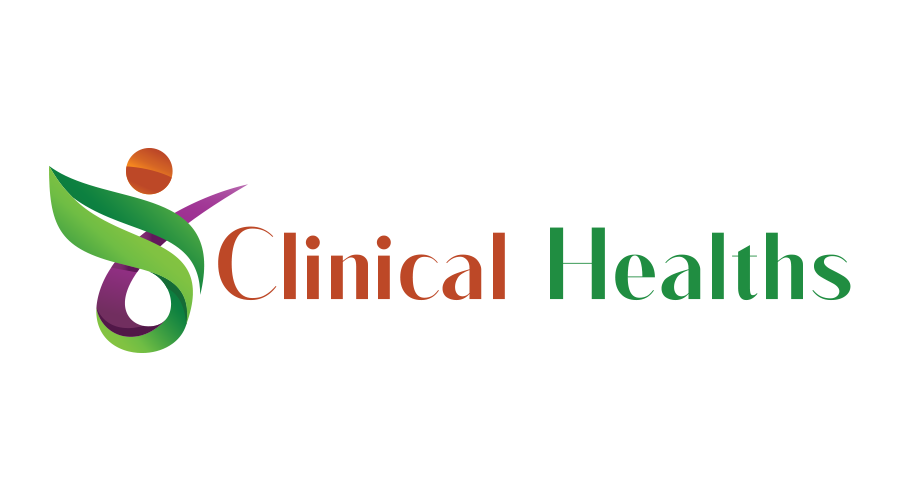In today’s rapidly advancing world, marked by technological leaps and changing lifestyles, telemedicine has emerged as a transformative force in healthcare delivery. This innovative approach utilizes telecommunications technology to facilitate remote medical services, consultations, and information exchange between healthcare professionals and patients. The significance of telemedicine is underscored by its pivotal role in addressing the evolving healthcare landscape, enhancing accessibility, and fostering patient-centric care.
Overcoming Geographical Barriers
A primary facet of telemedicine lies in its ability to overcome geographical barriers, ensuring that healthcare reaches even the most remote corners of the globe. Many rural and underserved areas lack adequate medical facilities, posing challenges for residents to access timely healthcare services. Telemedicine service by HelpCare Plus serves as a crucial bridge by enabling patients to consult with healthcare professionals remotely, thereby breaking down entry barriers and providing much-needed medical expertise in areas where it may be scarce. This is particularly vital in emergencies or situations where swift intervention is paramount.
Efficiency Enhancement in Healthcare Delivery
Telemedicine significantly contributes to the efficiency of healthcare delivery by streamlining processes and alleviating the burden on physical infrastructure. Through virtual consultations, routine follow-ups, and remote monitoring of chronic conditions, healthcare providers can allocate resources more effectively. This increased efficiency not only benefits healthcare institutions but also translates into time and cost savings for patients, who can receive medical advice from the comfort of their homes. Furthermore, telemedicine aids in preventive care by facilitating regular check-ins, enabling healthcare providers to identify and address potential health issues before they escalate.
Patient Empowerment through Access and Information
Another critical aspect is the empowerment of patients through increased access to medical information and personalized care. Telemedicine allows individuals to take control of their health by providing easy access to medical advice and information. Patients can engage in virtual consultations, receive real-time updates on their health metrics, and actively participate in their treatment plans. This patient-centric approach fosters a sense of empowerment, encouraging individuals to be proactive about their health, ultimately leading to better health outcomes.
Contributing to Public Health and Safety
Telemedicine also plays a pivotal role in containing infectious diseases by minimizing physical contact and reducing the spread of infections. Particularly evident during the global COVID-19 pandemic, telemedicine emerged as a vital tool for delivering healthcare services while mitigating the risk of transmission. It allows individuals to seek medical guidance without visiting crowded healthcare facilities, ensuring the safety of both patients and healthcare providers.
Conclusion
The multifaceted importance of telemedicine service by HelpCare Plus in our modern healthcare landscape is evident. It not only addresses challenges related to accessibility but also enhances efficiency, empowers patients, and contributes to public health efforts. As technology continues to advance, telemedicine will likely play an increasingly integral role in shaping the future of healthcare delivery, making quality medical services more accessible and responsive to the evolving needs of patients worldwide.


